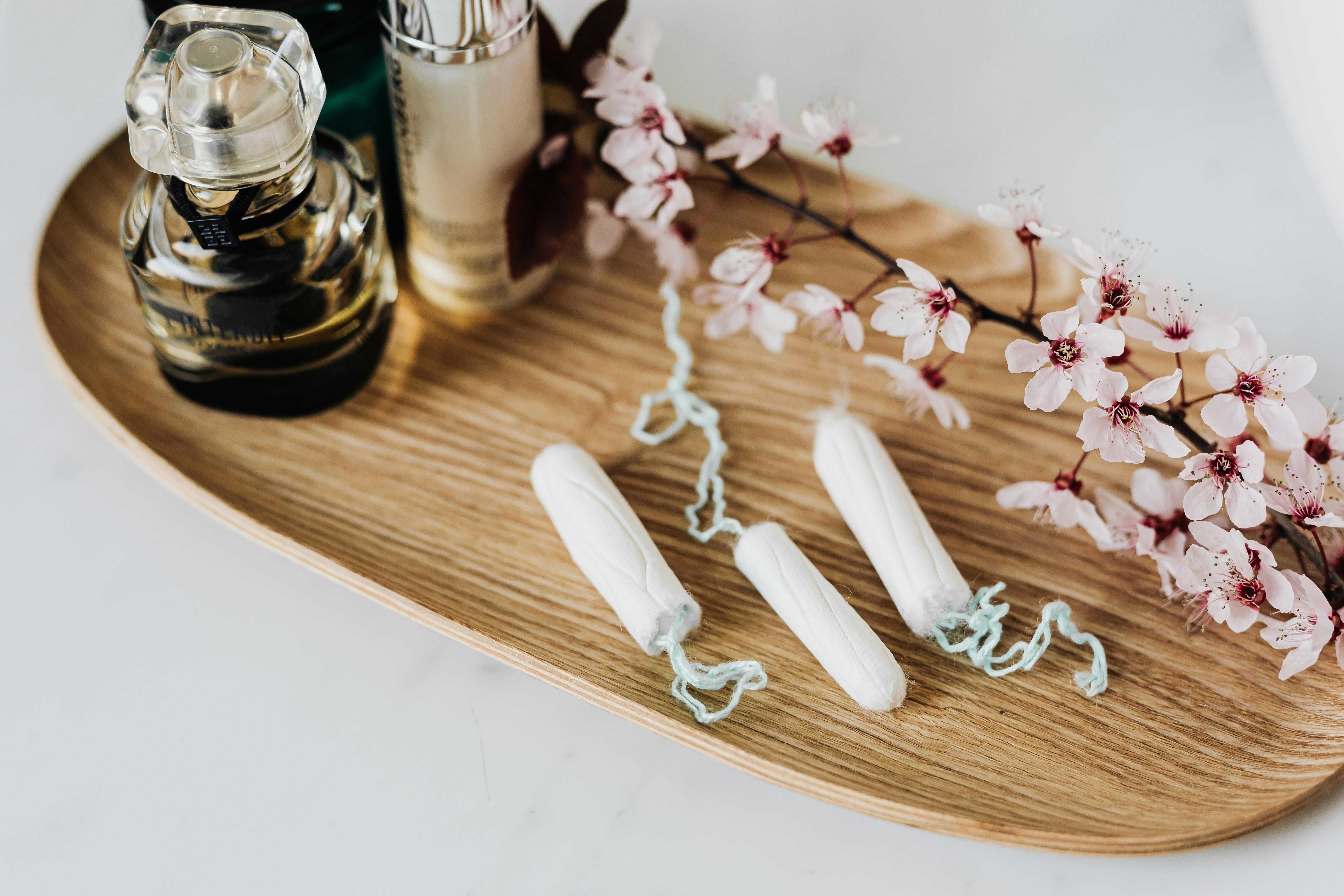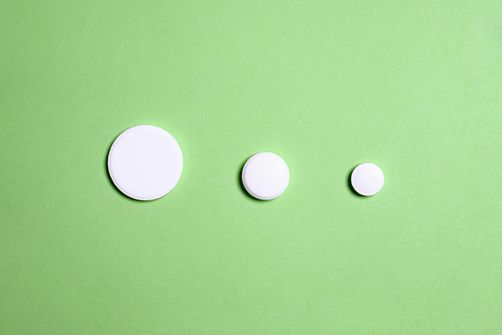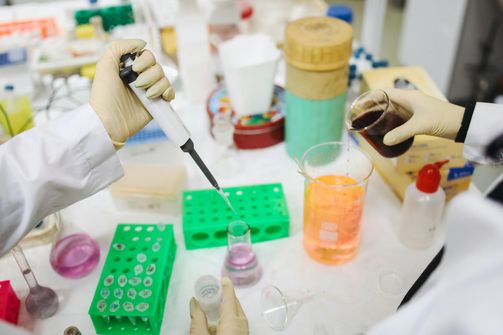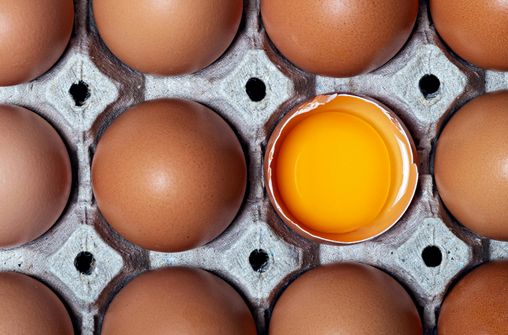
Combating Insomnia During Intermittent Fasting
Intermittent fasting (IF) is a popular health strategy, known for its benefits like boosting metabolism, improving energy, and aiding in weight loss. ...

Intermittent fasting (IF) has surged in popularity within health and wellness communities, celebrated for its potential to promote weight loss, improve metabolic health, and possibly extend lifespan. Despite its benefits, a common complaint among women who adopt this eating pattern is the occurrence of headaches. This article explores the possible causes behind these headaches, examines their physiological basis, and provides practical strategies to mitigate them.
Intermittent fasting involves alternating cycles of fasting and eating. Popular methods include:
Intermittent fasting is associated with a range of health benefits. According to a study published in the Annual Review of Nutrition (2017), these include notable weight loss (3% to 8% over 3 to 24 weeks), improved markers of metabolic health, and in animal studies, a potential increase in lifespan up to 30%.

Biological differences between genders, such as hormonal fluctuations and fat distribution, influence how men and women respond to fasting. Hormones like estrogen and progesterone can impact appetite and metabolism, making fasting a unique experience for women.
A review in the Journal of Mid-Life Health highlights that women may experience more pronounced effects from fasting, including potential disruptions in menstrual cycles and hormonal balance, which could trigger headaches.
Headaches during intermittent fasting can arise from (main triggers):
When you fast, your body’s blood sugar levels can drop. This is because you’re not taking in any food to convert into glucose, which your brain needs to function smoothly. Think of it like your brain running low on its favorite fuel.
The American Migraine Foundation points out that this as the brain struggles to keep up with your daily demands without its usual energy source. When you first start intermittent fasting, this is a common hiccup as your body gets used to the new routine.
Did you know a lot of your daily water intake actually comes from the food you eat? When you fast, not only are you eating less, but you’re also drinking less by default. Less water means dehydration, which can lead to your brain feeling a bit squeezed, causing headaches.
Plus, fasting can mess with your body’s balance of minerals like potassium and sodium – these are your electrolytes, and they’re crucial for helping your nerves and muscles communicate. If they’re out of whack, it could trigger headaches.

Fasting isn’t just a physical challenge; it’s a mental one too. It can stress your body out, leading to an increase in stress hormones such as cortisol. High cortisol can make your body more sensitive to pain, including headaches. And if you’re a coffee lover, skipping your usual cup during a fast can lead to caffeine withdrawal.
Anyone who’s missed their morning coffee knows the headache that can come knocking – it’s throbbing, persistent, and just plain annoying.
Your eating schedule influences your body clock. When you fast, you might change when you eat – maybe you skip breakfast, or you don’t eat after sunset. These changes can throw off your sleep patterns. Ever notice that poor sleep can lead you to wake up with a headache? That’s because your body loves routine, especially when it comes to sleep. Disrupting that can lead to mornings greeted with headaches.
For women, fasting can stir up the hormone pot. Levels of hormones like estrogen can fluctuate more than usual, which is a known headache trigger for many. Estrogen particularly has a hand in controlling chemicals in the brain that impact the sensation of pain. A sudden drop in estrogen, which can happen with changes in diet and meal timing like those involved in fasting, might just make headaches more frequent or severe during certain times of your menstrual cycle.
Understanding these triggers doesn’t just help you cope—it empowers you to tweak your fasting plan to avoid these pitfalls. Remember, if fasting leads to headaches, it’s a sign to take a step back and reassess your approach. Maybe introduce more hydrating fluids during your eating window, adjust your meal times slightly, or ensure you’re easing into the caffeine cut-down. Each small adjustment can make your fasting journey smoother and hopefully, headache-free!

A review in Current Pain and Headache Reports reported an initial increase in headache occurrences with the start of intermittent fasting, which generally subsides as the body adjusts to the new regimen.
When I started intermittent fasting with the 16/8 method using the Prime Fasting app, I began experiencing intense headaches. After researching, I realized I wasn’t drinking enough water and my electrolytes were off balance. I increased my hydration and added electrolyte supplements during my eating windows. These adjustments helped tremendously, and gradually, the headaches stopped, allowing me to continue fasting without any issues. Now, I enjoy the full benefits of intermittent fasting, completely headache-free!
Sarah P.
By keeping these tips in mind, you can help ensure that your experience with intermittent fasting is not only effective but also comfortable and headache-free. Remember, the goal is to find a fasting rhythm that feels good and fits seamlessly into your lifestyle!
This exploration into intermittent fasting and headaches in women underscores the importance of understanding physiological responses and individual experiences. By employing strategic adjustments and seeking medical advice, women can optimize their fasting regimens, enhancing both the benefits and their overall health experience. Engaging with healthcare providers to customize fasting plans is highly recommended to ensure safety and effectiveness.
A: When you start intermittent fasting, headaches can occur due to dehydration, fluctuations in blood sugar, and insufficient electrolytes. Your body is adjusting to a new eating rhythm, which might initially cause stress.
A: Yes, fasting can exacerbate headaches if you do not maintain adequate hydration, balanced nutrition during your eating periods, or if you abruptly stop consuming caffeine, which can lead to withdrawal symptoms.
A: To avoid headaches, ensure you drink plenty of water throughout the day, eat balanced meals that include a mix of carbohydrates, proteins, and fats during your eating window, and consider using electrolyte supplements. Gradually increasing your fasting interval can also help your body adapt more comfortably.
A: Yes, it’s normal. Many people experience headaches in the initial days of intermittent fasting as the body adjusts to a new eating schedule. These headaches usually diminish as your body becomes accustomed to the changes.
A: If your headaches persist, it’s a good idea to consult with a healthcare provider. Persistent headaches may indicate that your body is not adapting well to fasting or there might be other underlying issues that need attention.
A: Women may experience more headaches than men while fasting, particularly due to hormonal fluctuations related to their menstrual cycle. These hormonal changes can influence how the body reacts to fasting and potentially increase the frequency or intensity of headaches.

Intermittent fasting (IF) is a popular health strategy, known for its benefits like boosting metabolism, improving energy, and aiding in weight loss. ...

Hello lovely ladies, 👋Today, we're diving into a topic many of us wonder about: can sleep medications break your fast? This is crucial for those of u...

Ladies, I know many of you are all about that intermittent fasting life for weight loss, metabolic health, and overall wellness. But if you're one of ...

Kate here, coming at you with a topic that's been causing quite the buzz - do statins break intermittent fasting? With so many of us fabulous fasters ...

Girl, I know you've heard all the hype about intermittent fasting lately. Basically, it's this eating pattern where you cycle between periods of fasti...